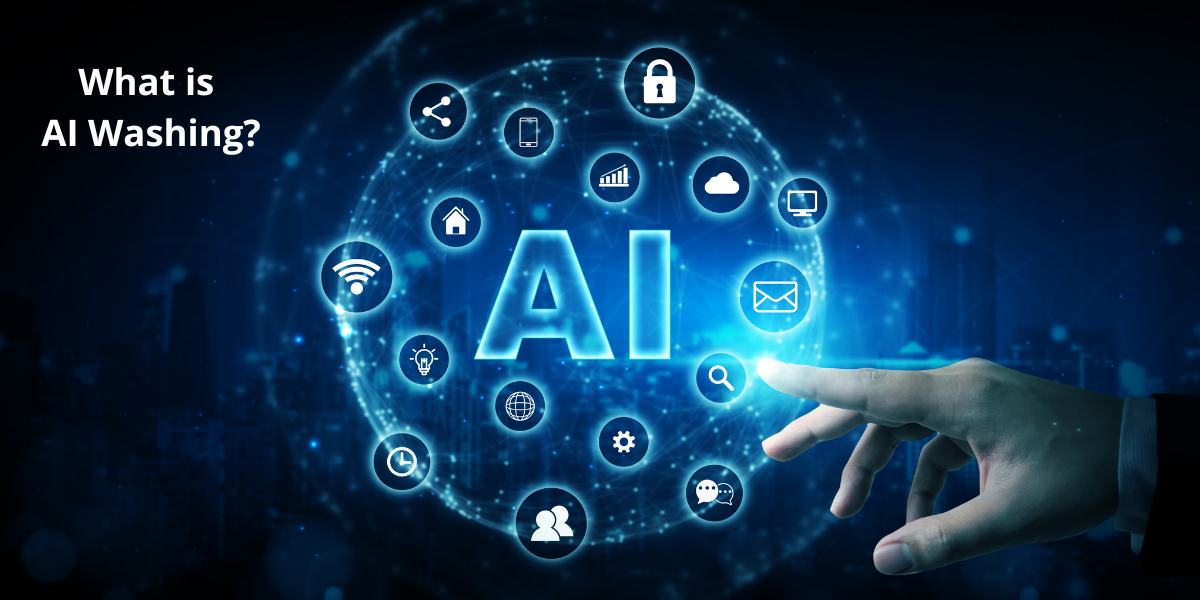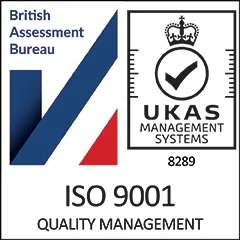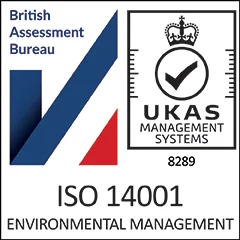“Tired of Communication company articles talking about their “groundbreaking” hybrid connectivity model? Our Cyber Expert went a little left field and talked about AI toasters instead… “
AI Washing
Microsoft CoPilot. Chat GPT. Google’s Gemini; All very powerful and useful AI tools, but have you ever seen an AI washing machine?! Yes, they do exist, but do they really have artificial intelligence?
A couple of years ago I saw an advert for a washing machine which clearly stated it was AI Enabled.

Slightly bewildered, I looked deeper into the capabilities of this washing machine, only to learn that the “AI” was in fact simply detecting the weight of the washing and using a memory of past used cycles to suggest a cycle to wash the clothes with, possibly saving the end user around 8 seconds of deliberation and selection time.
In the last 12 months the rise and popularity of AI has been nothing short of spectacular, so it makes sense that engineers will leverage this technology to gain an edge over their competitors, but as it turns out – so are the marketing department and quite often it is extremely overstated. The term for this is AI Washing. From Wikipedia:
AI washing is a deceptive marketing tactic that consists of promoting a product or a service by overstating the role of artificial intelligence (AI) integration in it. It raises concerns regarding transparency, consumer trust in the AI industry, and complia

AI Washing in the Marine sector?
I have only seen one instance of it so far in a piece of Marine administration software. Whilst the software did possibly leverage AI to a small degree, its output was clearly limited due to the service offered and in fact was really rebranding automation as AI – automation of course can be achieved with something as simple as a PLC – a far cry from the latest LLM.
I believe it is only a matter of time before we see it more, but could overstating a products AI capabilities have a negative effect on a marketing campaign at all?
Security concerns
We all know of at least one person who is convinced AI will be the end of civilisation “once it becomes sentient”, but what is the worst a sentient AI washing machine or toaster could do? Spitefully shrink your favourite jumper or burn your toast? Well, the risk might not necessarily be with the (limited) AI but simply the fact they are often connected online – the more devices you have online, the larger your attack surface is. You likely regularly patch your computers with the latest updates, even potentially your TV, but what about that smart kettle? How many IoT devices do you have on board or in your office which are increasing your attack surface?
As AI continues its rise in popularity, so will the number of bad actors attempting to expose vulnerabilities with it (just google AI Prompt injection attack), so is it a better idea to limit exposure to AI?
I personally wouldn’t advise so; it is an excellent tool for any organisation. I would however advise that any adoption of AI is well considered before implementation – e.g. a data governance policy is implemented to ensure data privacy and protection is maintained. A tool such as Microsoft Purview can help with this.
AI Washing in the Marine sector?
I have only seen one instance of it so far in a piece of Marine administration software. Whilst the software did possibly leverage AI to a small degree, its output was clearly limited due to the service offered and in fact was really rebranding automation as AI – automation of course can be achieved with something as simple as a PLC – a far cry from the latest LLM.
I believe it is only a matter of time before we see it more, but could overstating a products AI capabilities have a negative effect on a marketing campaign at all?
Security concerns
We all know of at least one person who is convinced AI will be the end of civilisation “once it becomes sentient”, but what is the worst a sentient AI washing machine or toaster could do? Spitefully shrink your favourite jumper or burn your toast? Well, the risk might not necessarily be with the (limited) AI but simply the fact they are often connected online – the more devices you have online, the larger your attack surface is. You likely regularly patch your computers with the latest updates, even potentially your TV, but what about that smart kettle? How many IoT devices do you have on board or in your office which are increasing your attack surface?
As AI continues its rise in popularity, so will the number of bad actors attempting to expose vulnerabilities with it (just google AI Prompt injection attack), so is it a better idea to limit exposure to AI?
I personally wouldn’t advise so; it is an excellent tool for any organisation. I would however advise that any adoption of AI is well considered before implementation – e.g. a data governance policy is implemented to ensure data privacy and protection is maintained. A tool such as Microsoft Purview can help with this.
Summary
The next time you see something that is “AI enabled or powered”, take a second and consider what the product is actually doing for you and if the “AI” is really Artificial Intelligence. Also consider the benefit to having the device connected online and its environment – connecting that Kettle up at home has very different risks to connecting it to the management VLAN at work.
As AI-powered devices become more common, the risk of security vulnerabilities grows, especially with Internet-connected devices that may not be adequately protected. While limiting exposure to AI isn’t necessary, adopting AI responsibly—with strong data governance policies and cybersecurity measures—is crucial to ensure privacy, security, and transparency in its use.




